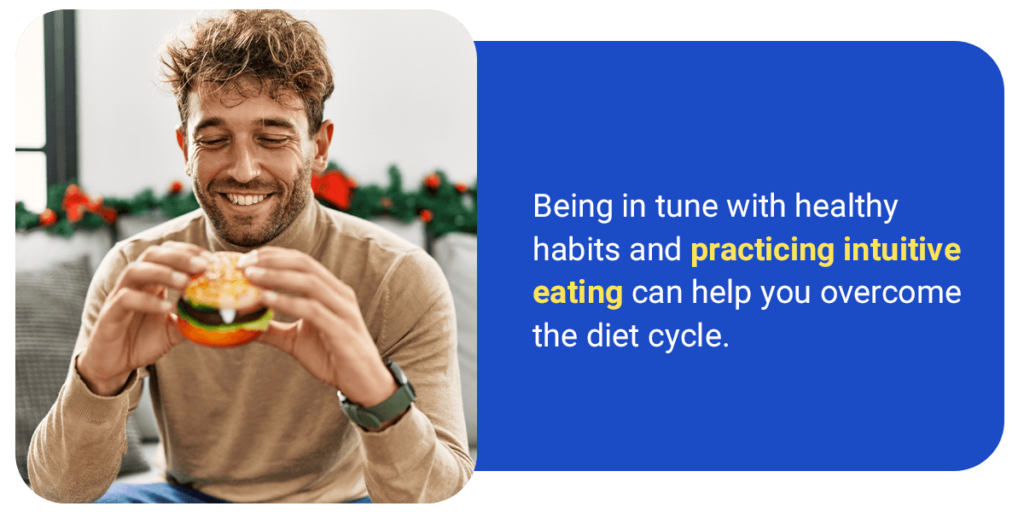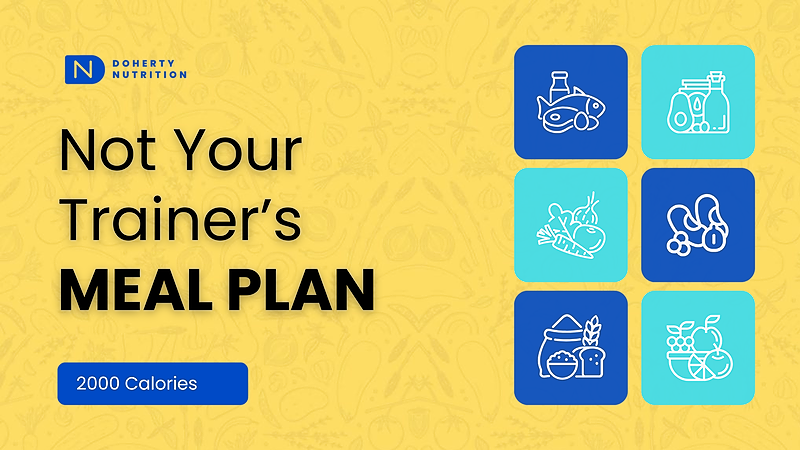SIGN UP FOR OUR FREE FORT WORTH: WALK WITH YOUR DIETITIAN AND FRIENDS EVENT HERE!
Order HSA/FSA eligible dietitian-designed meals now. Learn More
Our Dietitian-Approved Personalized Meal Plans - Ready for You to Start!!
Our Dietitian-Approved Personalized Meal Plans — Ready for You to Start! Learn More
- Our Team
- Services
- Specialties
- Locations
901 S MoPac Expy, Building 1, Suite 300, Austin, TX 78746
101 Summit Ave, Suite 907,
Fort Worth, TX 7610217060 Dallas Parkway, Suite 112, Dallas, TX 75248
771 East Southlake Blvd, Suite 106, Southlake, TX 76092
Arizona
Arkansas
California
Colorado
Delaware
Illinois
Iowa
Michigan
Oklahoma
Pennsylvania
South Carolina
Texas
Utah
Virginia
Wisconsin - Insurance & Rates
- Contact Us
- Shop
- Resources
- Blog
- Book Online
- 469-372-2022
- Order Meals Now
- Our Team
- Services
- Specialties
- Locations
901 S MoPac Expy, Building 1, Suite 300, Austin, TX 78746
101 Summit Ave, Suite 907,
Fort Worth, TX 7610217060 Dallas Parkway, Suite 112, Dallas, TX 75248
771 East Southlake Blvd, Suite 106, Southlake, TX 76092
Arizona
Arkansas
California
Colorado
Delaware
Illinois
Iowa
Michigan
Oklahoma
Pennsylvania
South Carolina
Texas
Utah
Virginia
Wisconsin - Insurance & Rates
- Contact Us
- Shop
- Resources
- Blog
- Book Online
- 469-372-2022
- Order Meals Now
- Our Team
- Services
- Specialties
- Diabetes & Insulin Resistance
- Gastrointestinal Health
- GLP-1 & Symptom Management
- Pediatric Nutrition
- Weight Management
- Disordered Eating & Eating Disorders
- General Health & Wellness
- Mindful & Intuitive Eating
- Plant-Based
- Women’s Health & Hormonal Imbalances
- Faith-Based Counseling
- LGBTQIA+ Affirming Care
- Oncology
- Sports Nutrition
- Locations
- Insurance & Rates
- Contact
- Resources
- Our Team
- Services
- Specialties
- Diabetes & Insulin Resistance
- Gastrointestinal Health
- GLP-1 & Symptom Management
- Pediatric Nutrition
- Weight Management
- Disordered Eating & Eating Disorders
- General Health & Wellness
- Mindful & Intuitive Eating
- Plant-Based
- Women’s Health & Hormonal Imbalances
- Faith-Based Counseling
- LGBTQIA+ Affirming Care
- Oncology
- Sports Nutrition
- Locations
- Insurance & Rates
- Contact
- Resources

































